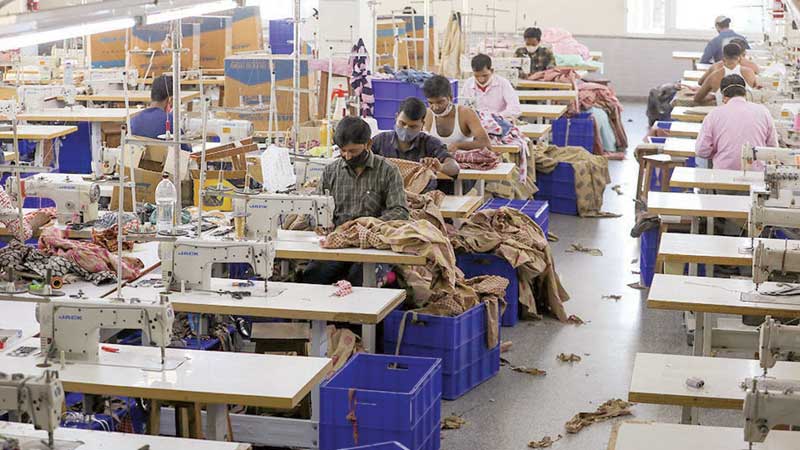

Matt Blomberg -
Garment workers stitching clothes for major fashion brands are “going hungry” and taking out loans to feed their families due to pay cuts imposed during the coronavirus pandemic, according to global labour rights advocates. Among workers who have held onto their jobs, one in five experience hunger on a daily basis following a 20 per cent decline in average wages in the global garment industry, the Worker Rights Consortium (WRC) said in a report last week.
“Most workers are currently unable to feed their families adequately and they are bracing themselves for worse times ahead,” said Penelope Kyritsis, strategic research director at the WRC. “The most important action for brands is to mobilise funds to sustain garment workers’ incomes through the remainder of the crisis,” she said.
The garment industry, which employs tens of millions of people worldwide — mostly women, has been ravaged by the pandemic and workers have lost some $5.8 billion in wages as retailers shut shops and cancel orders. Leading brands have been “leveraging desperation” to demand price cuts from struggling manufacturers, the US-based Center for Global Workers’ Rights said in a report in October.
Factory bosses, meanwhile, have used the pandemic as cover to terminate unionised workers, according to labour advocates. The new report, which polled about 400 workers in nine countries — Cambodia, Bangladesh, El Salvador, Ethiopia, Haiti, India, Indonesia, Lesotho and Myanmar — found that three-quarters of them had borrowed money to buy food this year.
“Given the well-documented risk that debts can lead to severe labour exploitation, including forced labour for low-wage workers, this is a worrying trend,” the WRC said. Almost 90 per cent of the workers said they and their families were eating less, with most expecting to cut back even further.
— Thomson Reuters Foundation
Oman Observer is now on the WhatsApp channel. Click here



